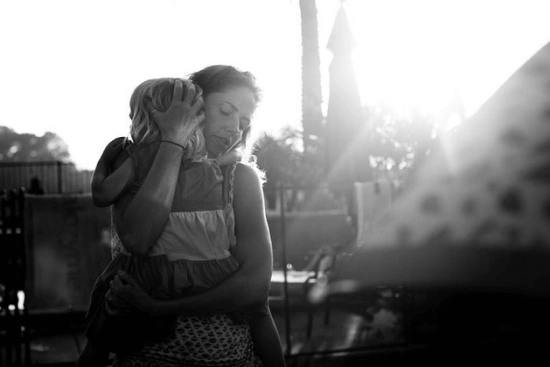9373. Come up unto Jehovah. That this signifies conjunction with the Lord, is evident from the signification of “coming up,” as being to be raised toward interior things (see n. 3084, 4539, 4969, 5406, 5817, 6007), consequently also to be conjoined (n. 8760). That it denotes conjunction with the Lord, is because by “Jehovah” in the Word is meant the the Lord, (n. 1343, 1736, 1793, 2004, 2005, 2018, 2025, 2921, 3023, 3035, 5663, 6280, 6303, 6905, 8274, 8864, 9315). A secret which also lies hidden in the internal sense of these words, is that the sons of Jacob, over whom Moses was the head, were not called and chosen; but they themselves insisted that Divine worship should be instituted among them (according to wh at has been said in n. 4290, 4293); and therefore it is here said, “and He said unto Moses, Come up unto Jehovah,” as if not Jehovah, but another, had said that he should come up. For the same reason in what follows it is said that “the people should not go up” (verse 2); and that “Jehovah sent not His hand unto the sons of Israel who were set apart” (verse 11); and that “the appearance of the glory of Jehovah was like devouring fire on the top of the mountain in the eyes of the sons of Israel” (verse 17); and lastly that Moses, being called the seventh day, “entered into the midst of the cloud.” For by “the cloud” is meant the Word in the letter (n. 5922, 6343, 6752, 6832, 8106, 8443, 8781); and with the sons of Jacob the Word was separated from its internal sense, because they were in external worship without internal, as can be clearly seen from the fact that now, as before, they said, “all the words which Jehovah hath spoken we will do” (verse 3); and yet scarcely forty days afterward they worshiped a golden calf instead of Jehovah; which shows that this was hidden in their hearts while they were saying with their lips that they would serve Jehovah alone. But nevertheless those who are meant by “the called and the chosen” are those who are in internal worship, and who from internal worship are in external; that is, those who are in love to and faith in the Lord, and from this in love toward the neighbor.
Mother

In general, mothers in the Bible represent the Lord's church on earth. In some cases "mother" more specifically refers to the truth of the church, the true teachings the church has about the Lord and about life. This makes sense if you think about it. Mothers are the vehicles through which new people are created; the church (in a broad sense) is the vehicle through which new ideas about the Lord and new good actions are created. And just as a mother is filled with love -- for her children and husband -- so also is the church filled with love, both for its ideas and uses and also for the Lord.
Arcana Coelestia #2256
2256. To cause the righteous to die with the wicked, that so the righteous be as the wicked. That this signifies that good cannot die, because evil can be separated from it, is evident from the signification of “righteous,” as being good, and of “wicked,” as being evil (see above, n. 2250). Hence to “cause the righteous to die with the wicked,” is to make good die with evil. As this ought not to be done, and causes horror to think of, it is removed in the internal sense, and then there is presented this: that good cannot die, because evil can be separated from it.
[2] How this matter stands, is known to few, if any. Be it known that all the good a man has thought and done from infancy even to the last of his life, remains; in like manner all the evil, so that not the least of it completely perishes. Both are inscribed on his book of life (that is, on each of his memories), and on his nature (that is, his native disposition and genius). From these he has formed for himself a life, and so to speak a soul, which after death is of a corresponding quality. But goods are never so commingled with evils, nor evils with goods, that they cannot be separated; for if they should be commingled, the man would eternally perish. In relation to this the Lord exercises His providence, and when a man comes into the other life, if he has lived in the good of love and of charity, the Lord then separates his evils, and by what is good with him elevates him into heaven. But if he has lived in evils, that is, in things contrary to love and charity, the Lord then separates from him what is good, and his evils bring him into hell. Such is the lot of everyone after death; but it is a separation, and in no wise a complete removal.
[3] Moreover, as the will of man, which is the one part of his life, has been utterly destroyed, the Lord separates this destroyed part from the other which is his intellectual part, and in those who are being regenerated, implants in this intellectual part the good of charity, and through this a new will; these are they who have conscience. Thus also, speaking generally, the Lord separates evil from good. These are the arcana which are meant in the internal sense by the statement that good cannot die, because evil can be separated from it.






